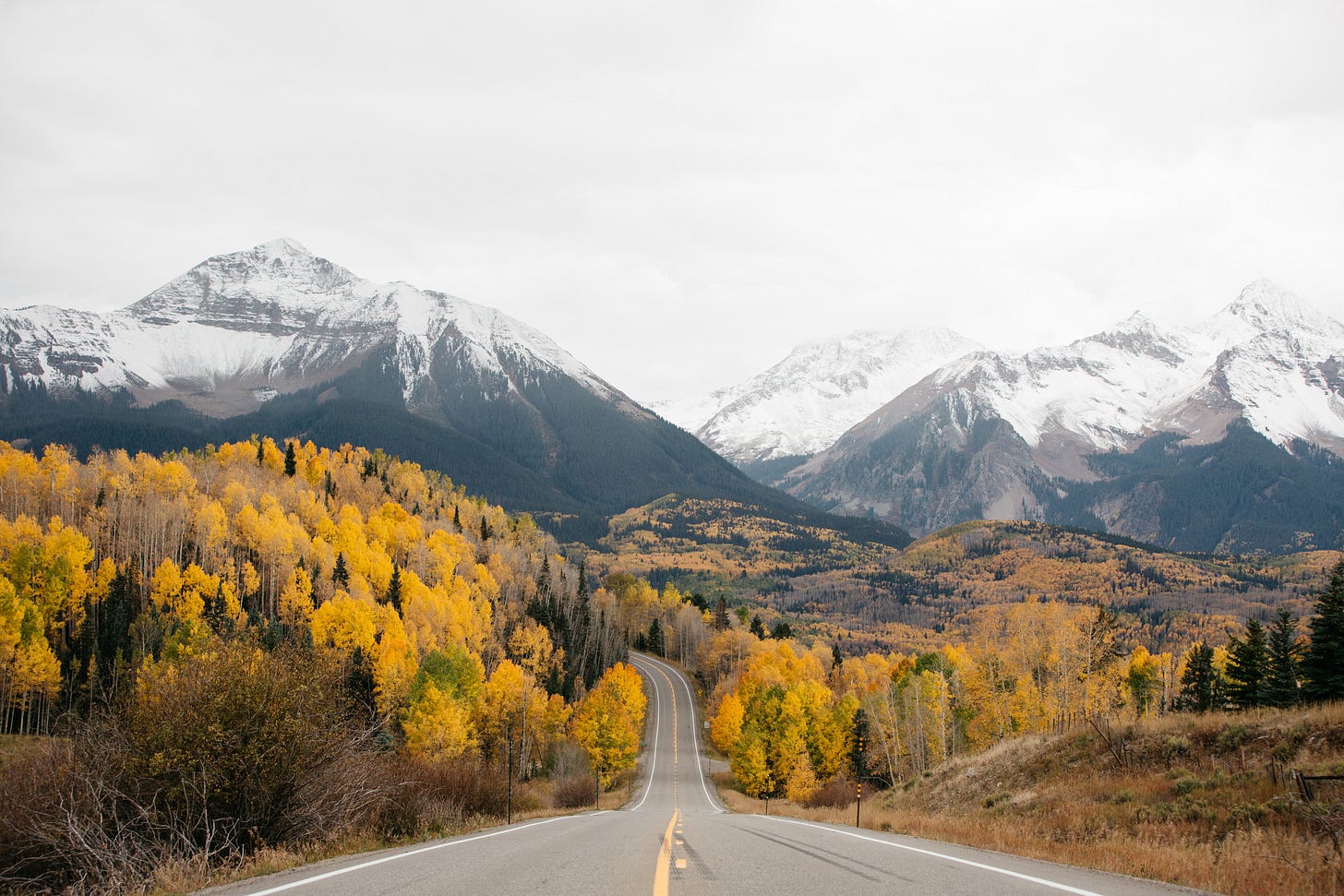The World Is Not in Your Books
The greatest lessons are not found in books—they are lived
Growing up, I loved reading. It was something my parents had instilled in me early on, and something I naturally gravitated towards. As a child, I spent much of my time after school at the library, devouring whatever I could get my hands on. For me, reading was a way to escape into my imagination and learn more about the world.
As I grew older and began navigating the beginnings of adult life, my reading habits changed. I began consuming books on personal development and how to be a better student. During this time, I learned a lot. I felt like I was gaining wisdom beyond my years.
Yet, despite all of this, I was struggling academically in university. In fact, a big part of what drew me to personal development was an attempt to rectify the trajectory that I was on in my academic career. But the knowledge I gained from reading was not translating into tangible success. In the final years of my studies, I hit rock bottom and was lost. I had no idea what my future career was going to look like.
It wasn’t until I began reaching out to people I trusted as mentors, that things began to change. They met me where I was and gave me advice based on real-world experience. Instead of sending out resumes, I reached out directly to managers—not to ask for a job, but to pick their brains and learn more about their industries. Eventually, I had a breakthrough and landed the job that I had hoped for not long after (just barely) graduating.
These years taught me a lot about how to navigate adult life in the real world. It also taught me a lesson about the wisdom that I thought I had gained from all of the books I read, and about where true knowledge comes from.
Are You an Explorer or a Geographer?
There is an interesting lesson—among many—hidden within The Little Prince by Antoine de Saint-Exupéry. In the story, the Little Prince visits a planet inhabited solely by a geographer. The geographer gets excited, thinking that the Little Prince is an explorer:
“Oh, look! Here is an explorer!” he exclaimed to himself when he saw the little prince coming.
The little prince sat down on the table and panted a little. He had already traveled so much and so far!
“Where do you come from?” the old gentleman said to him.
“What is that big book?” said the little prince. “What are you doing?”
“I am a geographer,” the old gentleman said to him.
“What is a geographer?” asked the little prince.
“A geographer is a scholar who knows the location of all the seas, rivers, towns, mountains, and deserts.”
The Little Prince thought he had found someone who seemed to know a thing or two about something, unlike the previous people he had visited. Upon further inquiry though, the Little Prince discovers something about the geographer:
“Your planet is very beautiful,” he said. “Has it any oceans?”
“I couldn’t tell you,” said the geographer.
“Ah!” The little prince was disappointed. “Has it any mountains?”
“I couldn’t tell you,” said the geographer.
“And towns, and rivers, and deserts?”
“I couldn’t tell you that, either.”
“But you are a geographer!”
“Exactly,” the geographer said. “But I am not an explorer. I haven’t a single explorer on my planet. It is not the geographer who goes out to count the towns, the rivers, the mountains, the seas, the oceans, and the deserts. The geographer is much too important to go loafing about. He does not leave his desk. But he receives the explorers in his study. He asks them questions, and he notes down what they recall of their travels.”
Someone who spends much of their time reading is like the geographer: lacking the real-world experience that comes from being an explorer, and ignorant of what is truly going on in the world around them.1 They know about the world without truly knowing it.
The Importance of Skin in the Game
Reading books is important. It’s where past knowledge and wisdom has been written down. You can learn a lot from reading books. But books are static, and there is much to learn that cannot be written down.
The real world is found outside, not inside books. It’s chaotic—constantly changing and evolving. The only way to adapt is to engage with the world, making mistakes, and learning through trial and error. Real understanding comes from experience.
In the words of Nassim Nicholas Taleb in Skin in the Game:
And the contact with the real world is done via skin in the game—having an exposure to the real world, and paying a price for its consequences, good or bad… The abrasions of your skin guide your learning and discovery, a mechanism of organic signaling, what the Greeks called pathemata mathemata (“guide your learning through pain,” something mothers of young children know rather well).
The World Is Not in Your Books
Reading provides a map, but experience is the journey. Without stepping into the real world, we risk becoming like the geographer—knowledgeable yet detached from reality. True wisdom comes from action, from putting theory into practice and learning from the consequences.
I still love reading, and books continue to shape my thinking. But I have an understanding now that reading is not an end in itself. It’s a good starting point and foundation to build upon through real-world engagement. Experience is what has shaped my life.
Based on my answer to a question on Quora.
The geographer example is used metaphorically to illustrate the importance of experiential learning. In reality, geographers do fieldwork, and this is not meant to disparage them.


